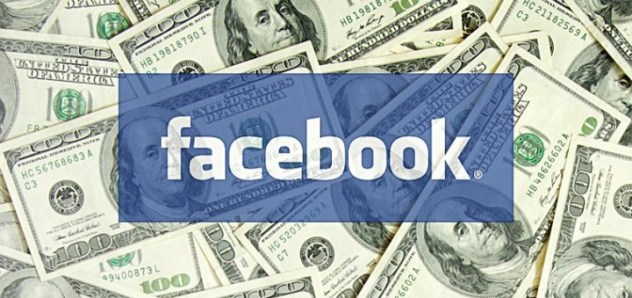Is public social media dying?
When social media first became a part of our culture back in the mid-2000s it seemed mostly fun and harmless. It became an easy way for us to either reconnect with old friends or stay in better contact with our family. While platforms like MySpace were not without its problems it was largely just for fun. But when MySpace became too ostentatious some social media users longed for a cleaner appearing network and that’s when Facebook started to become the juggernaut that it is today. However, on most current social networks, the climate has become toxic. Many social network users seem to have lost that filter that they would use in everyday life when talking to other people in their lives.
It also doesn’t help that many of these platforms don’t do enough to discourage the bad behavior of its users. Just recently, Facebook deleted billions of fake and abusive accounts. A number which rivals its actual userbase. To make matters worse, Snapchat employees were recently accused of spying on users.
[youtube https://www.youtube.com/watch?v=hTPlFdwOZNY%5D
Now, because of many of these factors, a number of social media users are turning to more private methods of keeping in touch. According to The Metro, more users are turning to niche networks like Nextdoor or starting private message groups within apps like Slack and Telegram.
As long as there are brands, content creators or someone with a story to tell, there will always be a place for public social media. But as those platforms become more difficult to enjoy there may come a day where we branch off into our own little corners of the internet where the signal could be better separated from the noise.












Leave a Reply